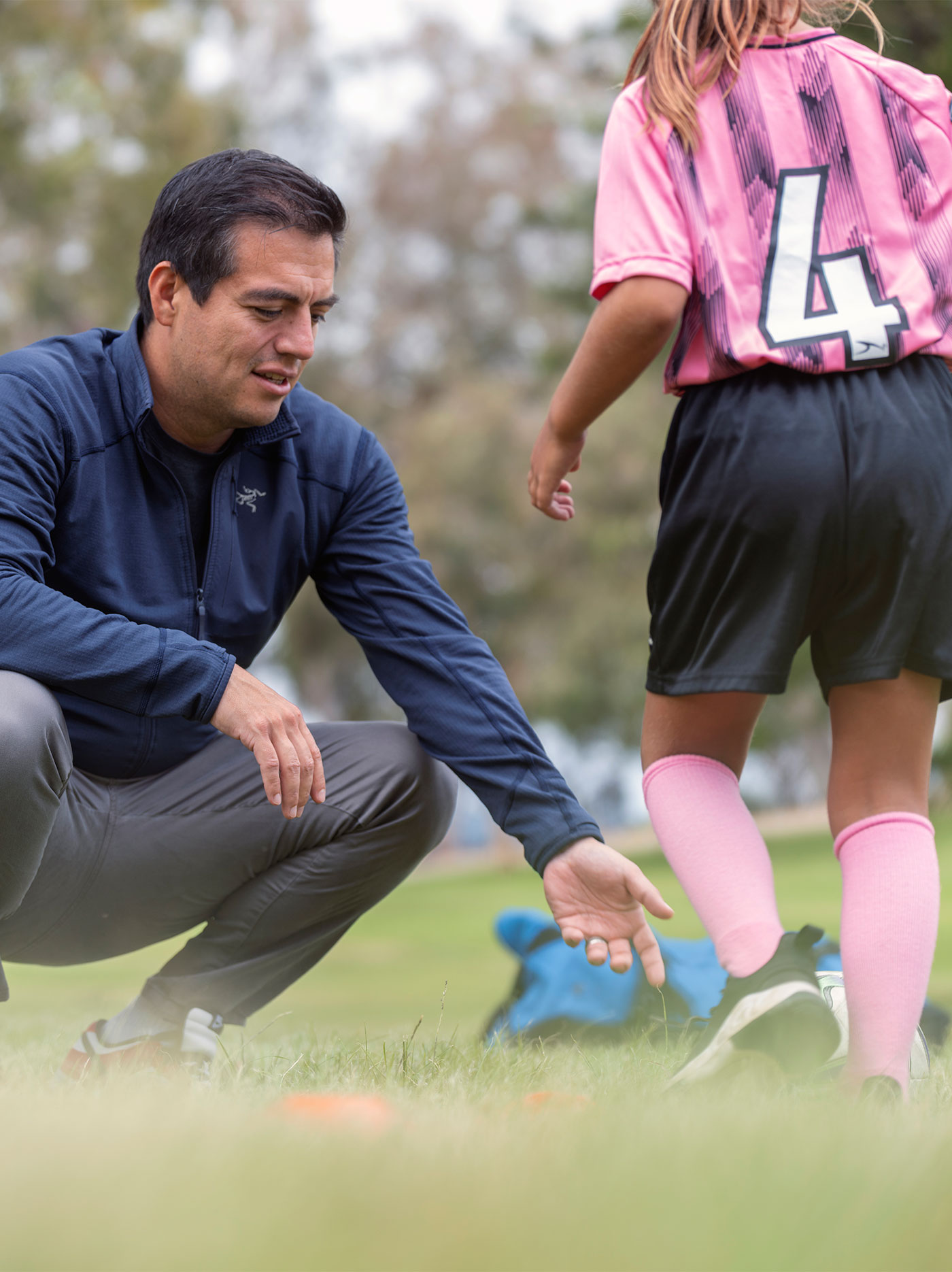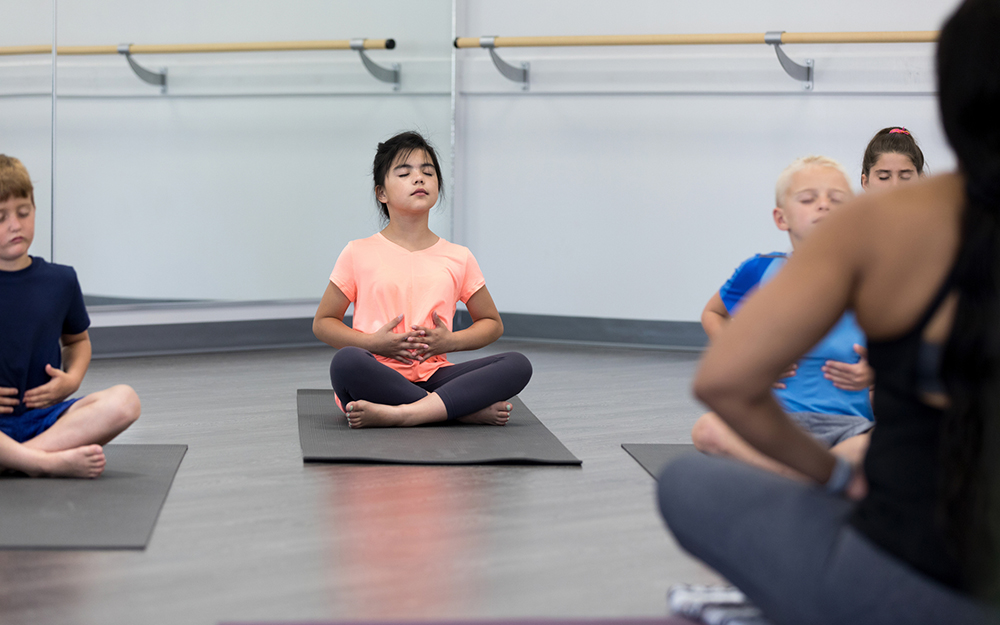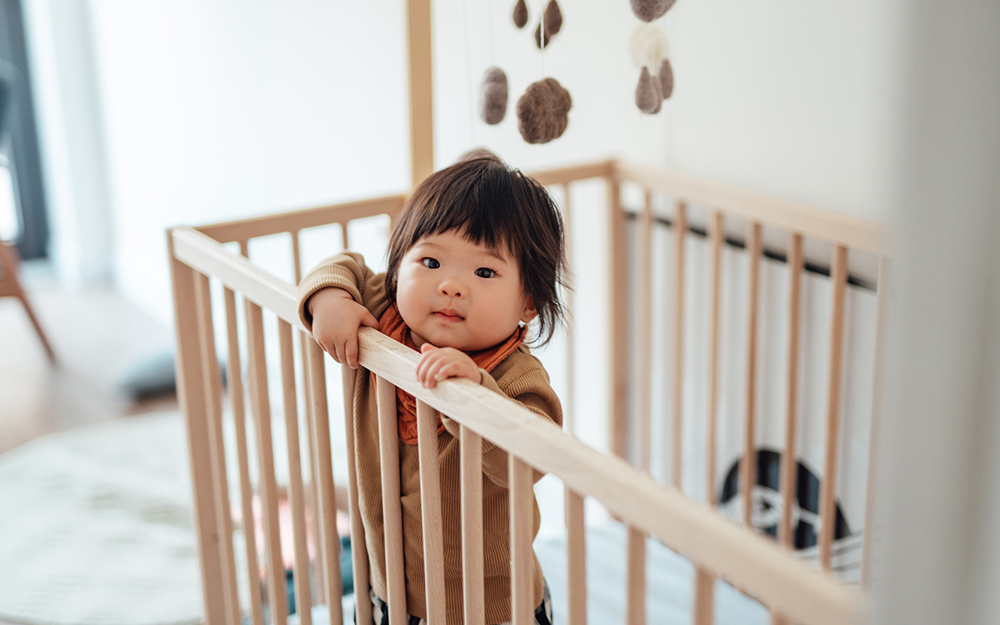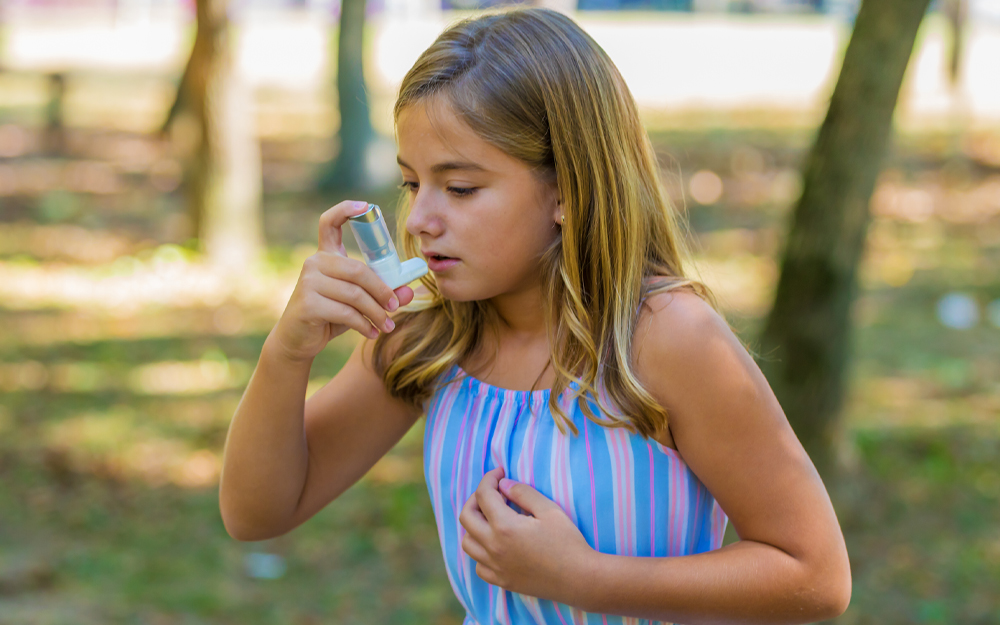Liquid Gold: How Breast Milk Could Pass Along COVID-19 Immunity
Date
May 26, 2021
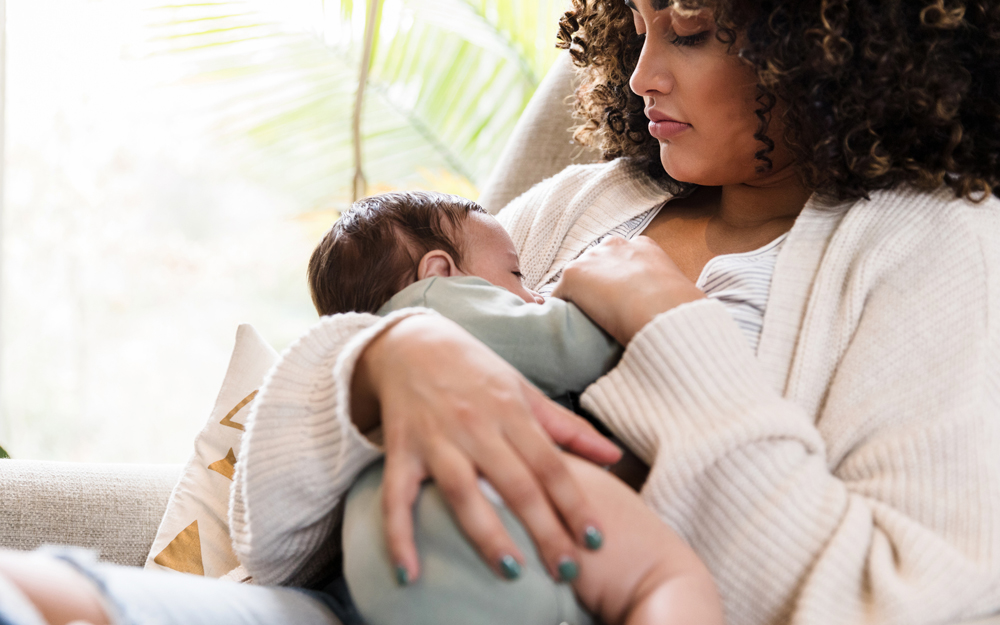
Date
May 26, 2021
Credits
Medical providers featured in this article
In Brief
{{cta-block}}
With COVID-19 vaccines now widely available, thousands of people are getting protected daily.
That extends to pregnant and breastfeeding women, who the Centers for Disease Control and Prevention (CDC) now recommend receive one of the COVID-19 vaccines.
The CDC recently confirmed the safety of the Pfizer-BioNTech and Moderna vaccines for expectant mothers and babies in its largest study to date. The Johnson & Johnson vaccine was not included in this study, but the CDC cautions that women under 50 should be aware of this vaccine's rare risk of blood clots and should consider that other options exist.
"We know that the benefits for other infections—both bacterial and viral—are so great and long-lasting, we would hope that these positive benefits would apply for COVID-19 as well."
While some new and soon-to-be moms may still be hesitant, those who get vaccinated may have a surprising potential plus side: an extra helping of immunity for their baby.

This benefit could help safeguard the youngest children, who right now are vulnerable, says Dr. Priya Soni, a pediatric infectious disease specialist in the Cedars-Sinai Pediatrics Department. COVID-19 vaccines haven't been approved for use in newborns or children. Unable to get vaccinated, that age group now makes up a growing share of new weekly COVID-19 cases—about 22% as of April 29, according to the American Academy of Pediatrics.
COVID-19 antibodies have been found in breast milk
Mounting evidence shows that breast milk of vaccinated mothers carries antibodies against the virus that causes COVID-19. One recent study of 84 women detected strong production of IgA and IgG antibodies in breast milk for six weeks after vaccination. The overwhelming majority—97%—had elevated breast milk antibodies.
The researchers also observed neutralizing effects in the immune proteins, potentially signaling that they keep infants safe from COVID-19.
"This means that mothers are not only producing antibodies within their bodies at high levels for protection against the virus that causes COVID-19, but also, they produce high enough levels that the antibodies are secreted via their breast milk," Dr. Soni says.
This discovery is an exciting first step toward protecting infants, she says.
The presence of IgA antibodies is especially promising, because these proteins are a key tool in fighting viruses that attach to and target mucus membranes—the main mode of transmission for SARS-CoV-2, the virus that causes COVID-19, Dr. Soni notes.
The findings could be channeled to protect babies until they can get vaccinated
The hope is that the antibodies can be a stopgap while vaccine trials in children are ongoing, Dr. Soni says.
Vaccinating a mother before pregnancy could allow immune cells to be transferred during the third trimester and breastfeeding stages, protecting the baby from a very young age, says Dr. Soni.
Lactating women with a previous case of COVID-19 can also transmit natural antibodies to their babies through breastfeeding. This can last two to three weeks after recovery, but vaccine-induced immunity may last longer because it is more standardized, Dr. Soni notes.
Antibodies don't mean your baby is vaccinated
Some moms might believe that once they are vaccinated, their babies are too—but that's not actually the case.
"Though we are seeing potential protection through breast milk, this is considered 'passive immunity,'" Dr. Soni clarifies.
This is "still very likely long-lasting and active immunity but is not considered to be the same as actually having a baby get a vaccination themselves to elicit an immune response."
It's unclear exactly how much protection this offers infants
"There are so many unanswered questions," Dr. Soni says.
For example, does immunity end when moms stop breastfeeding, or are the holdover effects longer-lasting? Most natural maternal antibodies clear away six months after delivery.
Clinical researchers need to study breastfed infants and their mothers for longer than six weeks—or even six months—after vaccination to understand long-term impact on COVID-19 risk, she says.
Scientists also need to work out when antibodies are most effective. In the study published in JAMA, IgA antibodies peaked around two weeks after the mothers' vaccinations, while IgG antibodies peaked around four weeks after. Nearly all breast milk samples (97%) tested positive for IgG antibodies five and six weeks after vaccination.
Breast milk is 'liquid gold'
Breast milk can be a buffer against a host of illnesses, from gastroenteritis to respiratory tract infections, ear infections, urinary tract infections and neonatal sepsis. Immunity can sometimes last for decades. It can even reduce the risk of celiac disease in early childhood, if a mother introduces gluten into her diet while breastfeeding.
Dr. Soni says the protective benefits work best when mothers can produce milk daily. She adds that research is ongoing but that these findings are a very heartening first step in stopping the spread of COVID-19.
"We know that the benefits for other infections—both bacterial and viral—are so great and long-lasting, we would hope that these positive benefits would apply for COVID-19 as well," she says.
